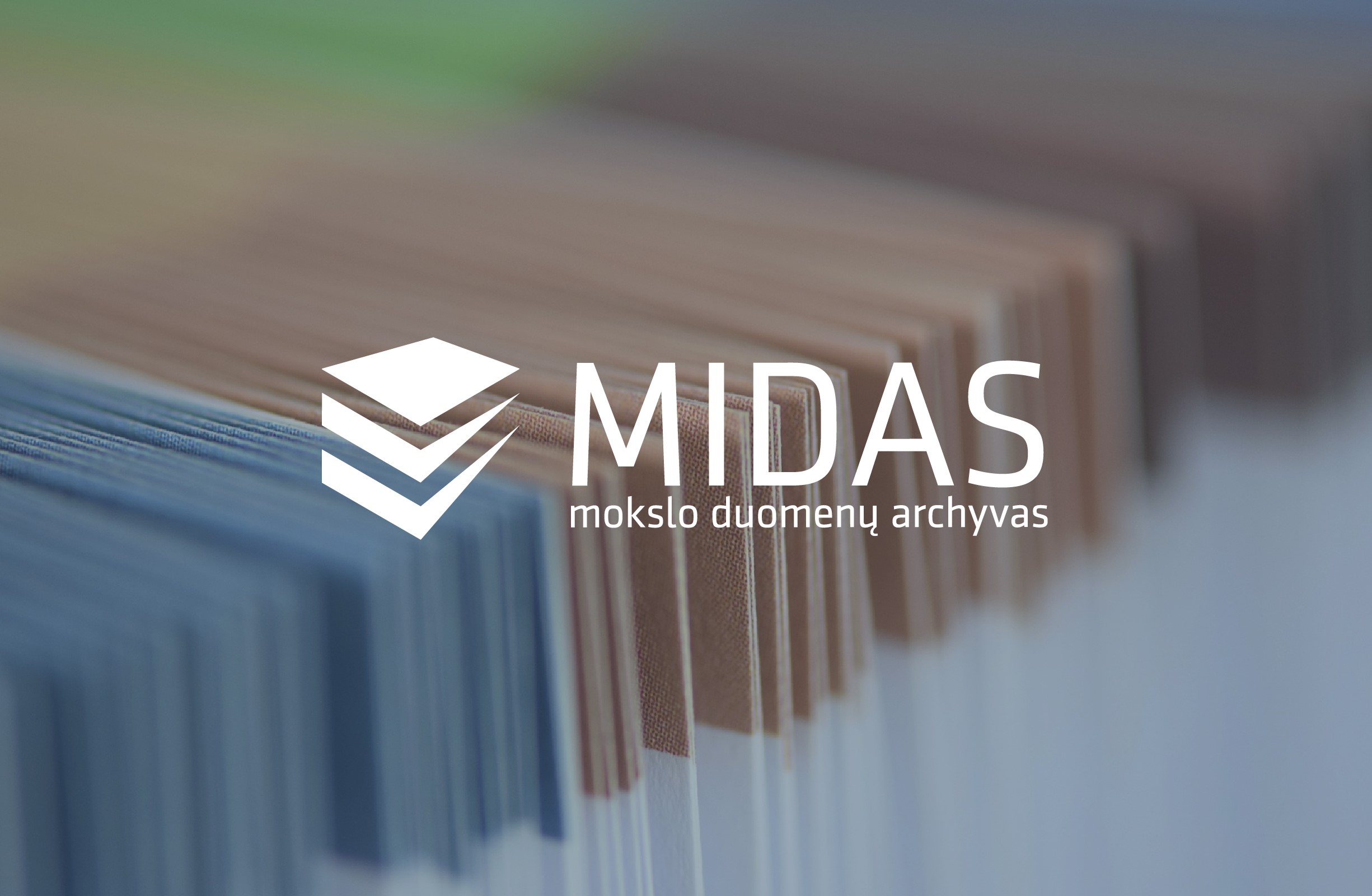 From now on, researchers who publish their research data in the National Open Access Research Data Archive (MIDAS) will be able to not only provide their affiliation information but also indicate their ORCID iD. Users viewing the published dataset will see a green ORCID icon next to the author’s name. By clicking on the icon, they will be redirected to the author’s ORCID record.
From now on, researchers who publish their research data in the National Open Access Research Data Archive (MIDAS) will be able to not only provide their affiliation information but also indicate their ORCID iD. Users viewing the published dataset will see a green ORCID icon next to the author’s name. By clicking on the icon, they will be redirected to the author’s ORCID record.
ORCID iD (derived from “Open Researcher and Contributor Identifier”) is a unique and persistent identifier assigned to researchers or any other person contributing to research outputs. Combined with the https://orcid.org/ prefix, the sixteen-digit identifying number becomes a link leading to the researcher’s profile page in which all the publications (published or submitted for publication by the person as well as their past and present grant applications, patents registered by them, etc.) can be found.
It is worth having an ORCID iD for several reasons:
- it helps to eliminate name ambiguity (e.g. when two different scientists have got the same name and surname);
- even if you change your name, the research outputs created with your new name will be automatically linked to outputs created with your old name;
- all information on your research activity is visible in one place;
- an ORCID iD makes it easier for publishers, administrators, and funding organizations to process your research results. You will be able to submit this data faster and easier
If you do not have an ORCID iD yet, you can register for it free of charge. All you have to do is fill in the ORCID iD registration form. And, of course, do not forget to add your ORCID iD to your MIDAS user profile!
The modernisation of the National Open Access Research Data Archive (MIDAS) is funded by the European Social Fund 2014–2020 Lithuanian Operational Programme as part of the project No. 09.3.1-ESFA-V-738 “Optimising the network of Higher Education Institutions and improving the quality of studies by merging Šiauliai University with Vilnius University”.
Gintė Medzvieckaitė
2022-06-13
